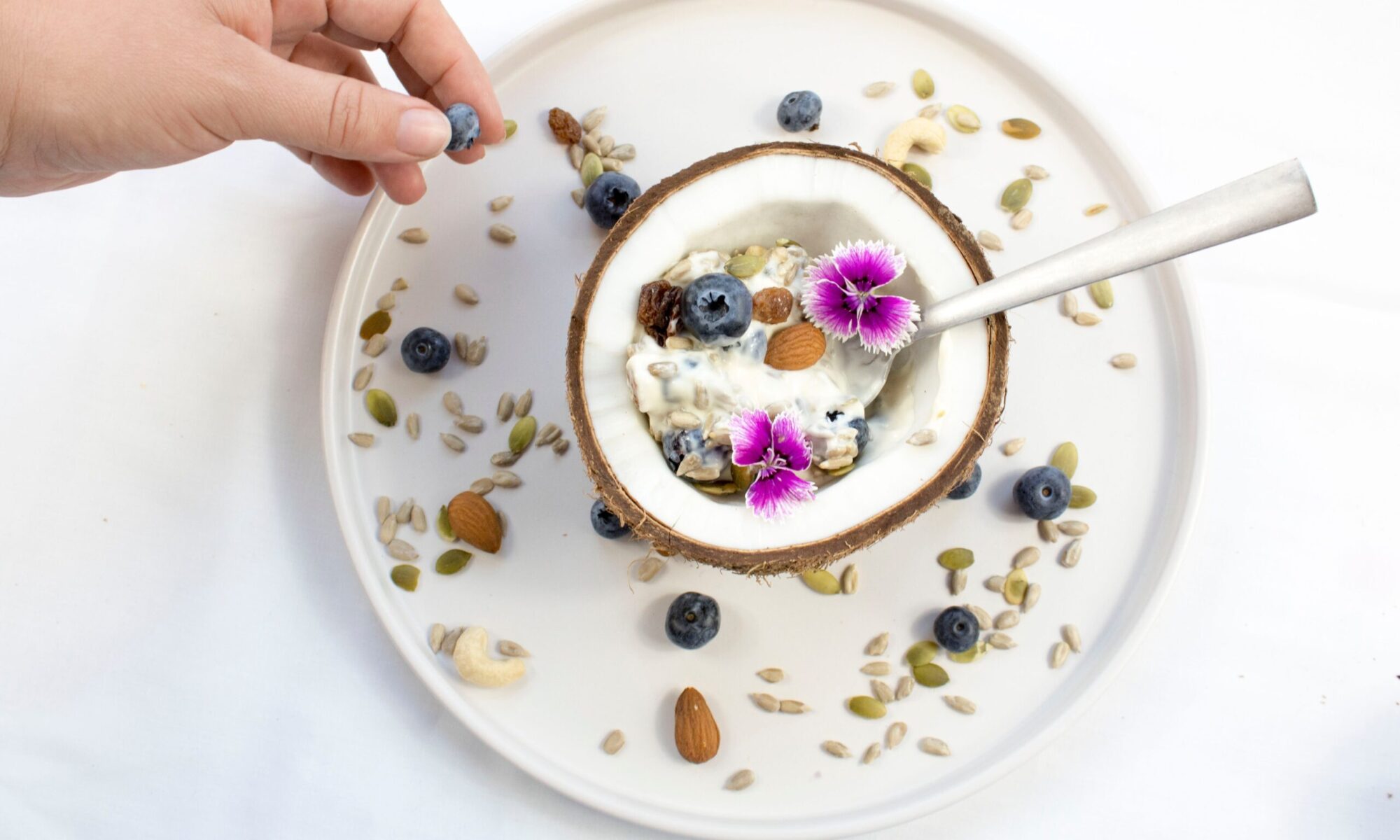What role does food play in addressing PMS? A pretty important one. PMS is aggravated by a deficiency in serotonin production, a neurotransmitter which is reliant on the essential amino acid tryptophan (meaning your body can not produce and you must consume exogenously).

While coincidently as we approach Thanksgiving, one of the more well-known tryptophan-containing foods happens to be turkey, this essential amino acid can be found in many other dietary sources such as chicken and lamb, fish & shellfish (tuna, salmon, cod, shrimp), cheese and yogurt as well as nuts (almonds, walnuts, peanuts, cashews).

It is found in so many foods you would think it is tough to under consume it right? Wrong. Many women consume insufficient calories in the name of dieting (especially carbohydrates, which are actually protein sparing to the body) and as a result, they are operating at a protein deficit. In what is considered a catabolic state, the body will prioritize protein intake for energy and if that is not enough even break down its own muscle stores if need be. Serotonin production will be marginal at best in this scenario. So next time you suffer from PMS related mood swings, depression or crying spells in the 2 weeks before your period, check in with yourself and make sure you are not just eating enough calories (healthy carbs like sweet potatoes, fruit, whole grains included) but also getting enough tryptophan rich protein in your diet.

